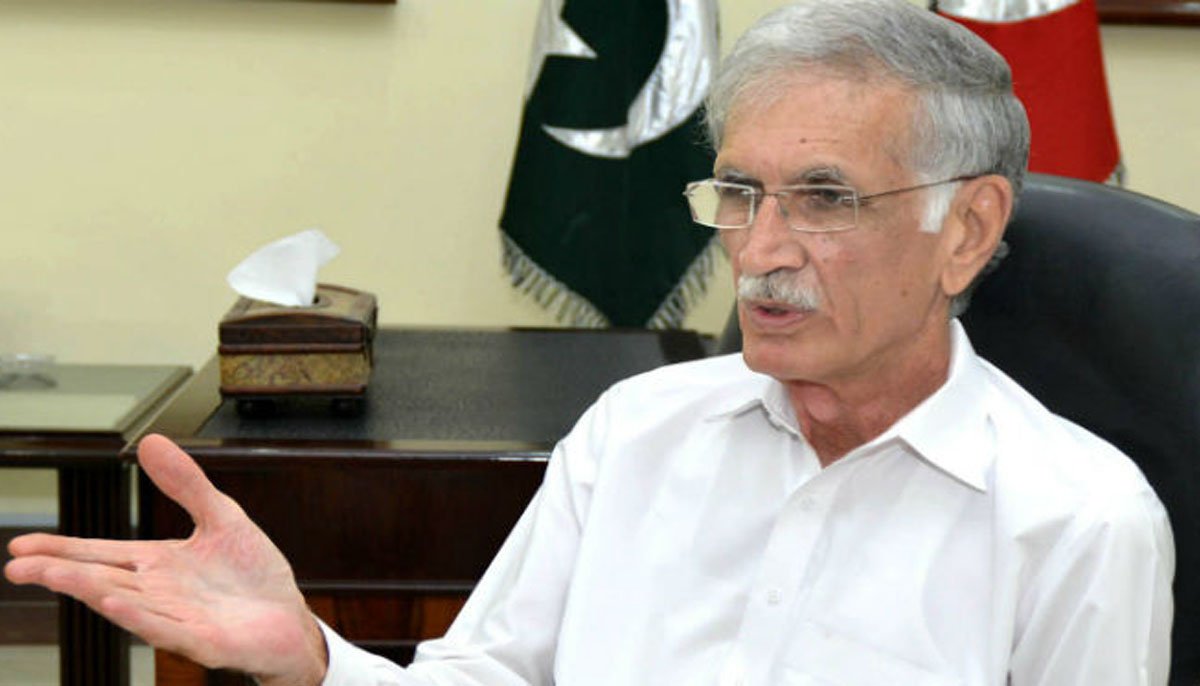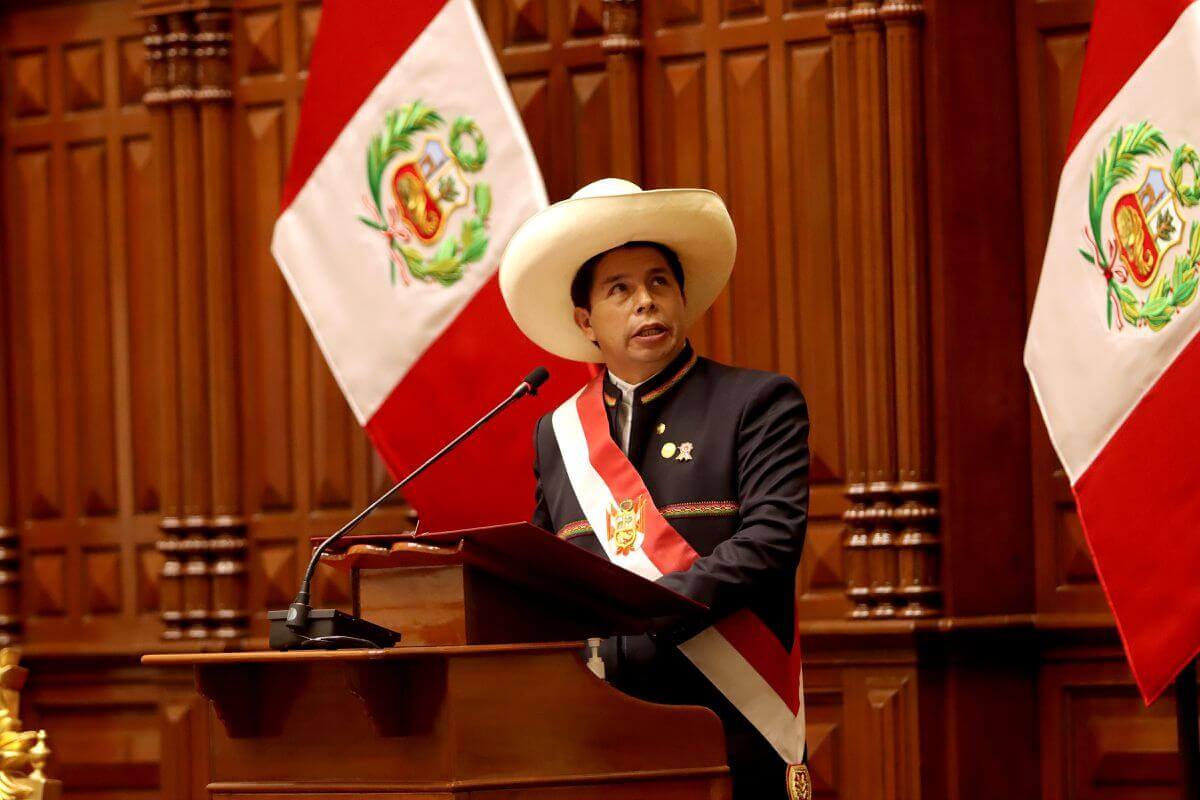South Asia
Sri Lankan Public Security Minister Sarath Weerasekara urged Pakistani Defence Minister Pervez Khattak to apologise for his comments on Friday’s lynching of a Sri Lankan factory manager by a mob led by extremist group Tehreek-e-Labbaik. Khattak said that the incident was a repercussion of “children” who “got emotional,” and said that Islamabad’s decision to un-ban the group had no bearing on the incident. [Hindustan Times]
According to a report by The News International, the value of the Pakistani rupee depreciated by 30.5% from Rs. 123 against the US dollar to Rs. 177 in just a matter of 40 months. Such a large depreciation has only occurred once in Pakistan’s history—back in 1971-72 during Bangladesh’s independence struggle when the value of the rupee fell by 58%. [NDTV]
Central Asia and the Caucasus
United States (US) Senator Robert Menendez and five other Senate Democrats have called on the Biden administration to put more pressure on Uzbekistan over human rights issues during the upcoming US-Uzbekistan Strategic Partnership Dialogue. In a letter addressed to US Secretary of State Antony Blinken, the senators called Uzbekistan one of the “world’s most repressive countries” and urged Blinken to work with the Uzbek government to advance human rights in the country. [US Senate]
Russia has sent 30 new tanks to its military base in Tajikistan, near the Afghan border, where Moscow carried out military exercises and tested missile defence systems amid the ongoing situation in Afghanistan. Russia has expressed concerns over the possibility of Islamic militants from Afghanistan infiltrating Tajikistan and other former Soviet republics in Central Asia and has beefed up its security presence in the region. [Reuters]
East and Southeast Asia
Myanmar’s Rohingya refugees are suing Meta Platforms Inc., formerly known as Facebook, for $150 billion over allegations that the social media platform failed to act against anti-Rohingya hate speech, which contributed to violence. [The Straits Times]
Nearly 100 Japanese lawmakers visited the controversial Yasukuni Shrine for war dead in Tokyo on Tuesday. The visit prompted a protest from the South Korean government, which expressed its “deep concern and regret.” [Reuters]
Europe
French Foreign Minister Jean-Yves Le Drian expressed concern over Iran’s nuclear programme and its commitment to the Vienna Talks, saying, “We have the feeling the Iranians want to make it last and the longer the talks last, the more they go back on their commitments and get closer to capacity to get a nuclear weapon.” The seventh round of nuclear negotiations between Iran and world powers began on November 29 and paused on December 3. The talks are expected to resume on Thursday. [Reuters]
British Minister for Africa at the Foreign, Commonwealth & Development Office Vicky Ford warned Russia against invading Ukraine, saying it would have “massive strategic consequences.” Expressing her “deep concern,” he said that the UK could impose “severe” economic sanctions in case of any military incursion by Russia. [Politico]
On Tuesday, Russian President Vladimir Putin asked Russian oil giant Rosneft to prepare a proposal for natural gas export to Europe, ending Gazprom’s monopoly over the route. The move would see Rosneft work in cooperation with the government and Gazprom as gas prices in Europe soar. [The Moscow Times]

Latin America and the Caribbean
Health ministers from all over Argentina gathered this week to deliberate over the guidelines for the nationwide Health Pass that is set to be put in place in the near future. The pass will contain information on vaccination status and be required for: citizens aged 13 and over; events with more than 1,000 people; group trips; and private gatherings in indoor spaces. [MercoPress]
Cuban Foreign Minister Bruno Rodríguez tweeted on Tuesday that United States (US) President Joe Biden, much like his predecessor Donald Trump, has tried and failed to ‘interfere’ in and ‘destabilise’ Cuba through “disinformation operations.” He said, “They can’t hide that those who serve interests of government so aggressive to us have no popular support in #Cuba.” [Telesur]
Peruvian President Pedro Castillo survived an impeachment motion in the lower house of parliament, with 46 lawmakers voting in favour of impeachment and 76 voting against, short of the 52 votes that were required to move the motion to the upper house. Castillo’s approval rating stands at 25% and he holds a minority in Congress, after narrowly defeating right-wing candidate Keiko Fujimori, who also backed the motion. Castillo’s own Marxist Peru Libre Party briefly considered backing the motion before ultimately standing behind the leader. [Reuters]
Middle East and North Africa (MENA)
According to an exclusive report by the Wall Street Journal, Saudi Arabia is pleading with the United States (US) to resupply its missile defence systems amid a surge in drone and ballistic missile attacks on Saudi cities by Yemen’s Houthi rebels. Since President Joe Biden took office in January, Washington has restricted weapons sales to Riyadh over human rights abuses. [Wall Street Journal]
Israel has completed the construction of a 40-mile underground security barrier, equipped with sensors and radars, along the Gaza border. The $1.1 billion project, which took more than three years to complete, is meant to end cross-border tunnel attacks by Hamas from Gaza. [Times of Israel]
North America
On Tuesday, Democratic lawmakers in the United States (US) Congress announced a deal that raises the debt ceiling in the Senate despite a lack of Republican support. Without the deal, the nation was on path to default on its credit; the US Treasury has estimated the country would have run out of money to pay its bills on 15th December. [ABC News]
The United States (US) on Tuesday, slammed more than a dozen people and entities from Iran, Syria and Uganda with economic sanctions over authoritarianism, human rights abuses, and repression of democracy. The sanctions come as Washington prepares for the Summit for Democracy this week. The US Treasury’s Office of Foreign Assets Control will freeze the US assets of the sanctioned individuals and bar Americans doing business with them. [The Voice of America]
Oceania
On Wednesday, Australia recorded a new type of the Omicron variant with a different genetic structure. Queensland reported two cases of the Omicron variant, with one case being described as “Omicron like.” The new version has been labelled as the “stealth” version, as it is harder to track with PCR testing. [9 News]
South Korean President Moon Jae-in will visit Australia from 12 to 15 December. The visit will mark the 60th anniversary of diplomatic relations between the two countries. It is expected that they will elevate their bilateral relationship to a Comprehensive Strategic Partnership. [Prime Minister of Australia]
Sub-Saharan Africa
On Tuesday, at least 38 prisoners were killed and a further 69 were seriously injured after a fire erupted in the main prison in Burundi’s capital, Gitega. It is believed that the fire was caused by an electrical short-circuit. [Africa News]
As part of a recent deal reached between South African President Cyril Ramaphosa and his Kenyan counterpart Uhuru Kenyatta, Kenya will now be required to take back all deported illegal migrants who entered South Africa from Kenya. The deal also calls on Kenya to make greater efforts to block citizens and residents from illegally migrating to South Africa in the first place. South Africa has in recent months been stepping up efforts to deport illegal migrants from across the region. [The East African]

